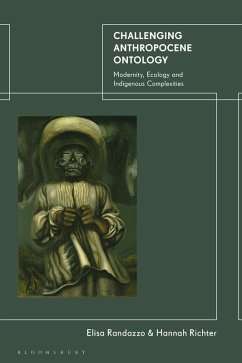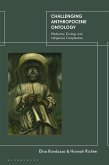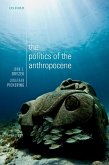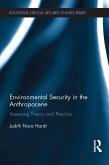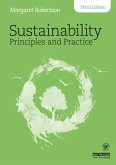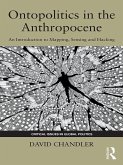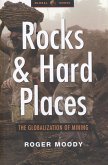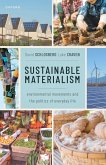Using the recent turn to ecology as a starting point, Hannah Richter and Elisa Randazzo bring ecological thinking into contact with Critical Indigenous Studies, in which awareness of the necessity for sustainable relations between humans and non-humans has long preceded Western Anthropocene discourse. Currently, the drastic ecological changes labelled as 'the Anthropocene' not only increasingly shape the political awareness and the priorities of citizens and governments, but also inform a large body of social scientific scholarship.
Indigenous scholarship and practice, in particular ecological adaptability, is intrinsically related to power structures and political struggle - hence indigenous understanding of Anthropocene discourses are intertwined with discourses of colonialism and political contestation. This book problematises the depoliticising character of Western Anthropocene discourses in relation to indigenous ecologies. The authors reveal how the anti-colonial struggles of Indigenous communities and the unequal distribution of responsibilities for and suffering from ecological change, are concealed and devalued in Western discourses of the Anthropocene.
Hinweis: Dieser Artikel kann nur an eine deutsche Lieferadresse ausgeliefert werden.
Indigenous scholarship and practice, in particular ecological adaptability, is intrinsically related to power structures and political struggle - hence indigenous understanding of Anthropocene discourses are intertwined with discourses of colonialism and political contestation. This book problematises the depoliticising character of Western Anthropocene discourses in relation to indigenous ecologies. The authors reveal how the anti-colonial struggles of Indigenous communities and the unequal distribution of responsibilities for and suffering from ecological change, are concealed and devalued in Western discourses of the Anthropocene.
Hinweis: Dieser Artikel kann nur an eine deutsche Lieferadresse ausgeliefert werden.

